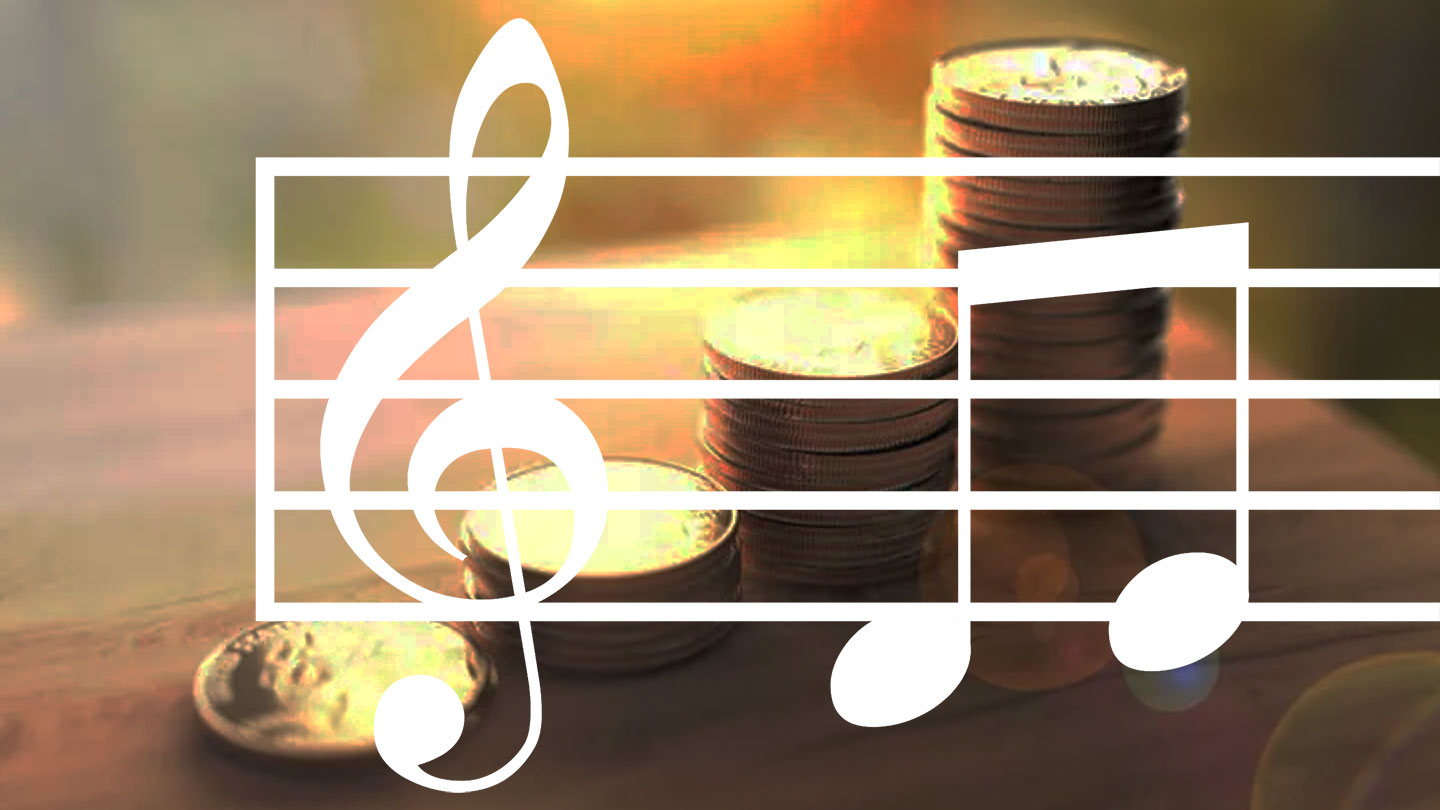Isn’t it fascinating how hearing certain music may evoke a specific memory or make you feel happy, relaxed, or energized? People are born with the ability to distinguish between music and background noise. Distinct pathways in our brains process different aspects of music, such as pitch, melody, rhythm, and pace. Music is the greatest human creation, according to history. What music is all about is genuine innovation and intense emotion. Music helps people to freely express their sentiments and emotions, which is why the benefits of music on health are so much more as compared to any other art.
When things get bad, music can help you escape the agony. It has the ability to give you relief and lessen your stress levels. With the power of music, joyful and glad feelings can be freely expressed. One of the benefits of music is also to help people grow their minds, gain self-confidence, and form healthy relationships and that can be done by learning music through online music classes. Music is more than just a form of entertainment. In fact, it plays a much larger and more significant part in our lives than that.
The intricate dance between health and life forms the essence of our overall well-being. It’s not merely the absence of illness but a dynamic interplay between physical, mental, and social dimensions. Optimal health empowers us to navigate life’s challenges with resilience and vigor. From nourishing our bodies with wholesome nutrition to fostering mental resilience through mindfulness, every choice we make resonates in the harmony of this symbiotic relationship. Regular exercise becomes the choreography, maintaining the rhythm that sustains our vitality. In the grand production of life, quality sleep, positive relationships, and stress management become pivotal scenes, contributing to a narrative of holistic well-being. As we cherish the delicate balance between health and life, we find ourselves in a perpetual dance—a dance that, when nurtured, becomes a source of enduring joy, vitality, and a foundation for a life well-lived.
Benefits of music on:
1. Health
Enhances Memory–
According to studies, the health benefits of music can major in number. The repeating features of rhythm and melody assist our brains to build memory-enhancing patterns. Listening to music helps stroke survivors have improved verbal recall, less confusion, and more focused attention, according to research.
Image Source: TheCreativity
Enhances Cognition-
Benefits of Music can also assist persons with Alzheimer’s disease in recalling seemingly lost memories and even maintaining some mental functions.
Reduces Anxiety-
In healthy persons and people undergoing medical treatments, listening to ‘relaxing’ music (usually defined as music with a slow tempo, low tone, and no lyrics) has been demonstrated to lower stress and anxiety (e.g., surgery, dental, colonoscopy).
Provides a Sense of Security-
The healing power of music has also been used to help patients with critical illnesses and end-of-life care improve communication, coping, and expression of emotions such as fear, loneliness, and rage.
Image Source: Femina
Relieves Pain-
Patients who listened to music before, during, or after surgery had less pain and higher overall satisfaction than those who did not listen to music as part of their care, according to research.
2. Life
Everything has a beginning and an end:
Everything lasts for a fixed amount of time. From the anticipation, hope, and joy of the first note to the dying of the last, we experience the benefits of music in time. Each self-contained piece of music serves as a reminder of mortality and transience. Healing with music is a beautiful journey altogether.
Everything is changing:
Another benefit of music can be that it travels with us through time, taking us on a trip where the past shapes the future. What we’re hearing right now is shaped by what we’ve already heard. When we hear the same song again, we will each be a new person, and nothing will happen in the same manner.
The same concept can be interpreted in a variety of ways:
A basic concept can be investigated, embellished, and transformed indefinitely. Our ideas develop through procedures that are creative, inventive, and exploratory. Cover versions, theme and variation, and the development of a motif throughout a piece of music are all examples of evolution that start with certain limits and rules and then extend and even break them.
Other people have the ability to influence our emotions and modify our mood:
We identify and empathize with other people, we recognize and pick up on others’ emotions, and we pick up on their sentiments. Our reaction to music serves as a reminder of how vulnerable we are to the emotional content of the world around us.
Image Source: The Wrangler
- Shock techniques pique our interest, and the presence of the unknown reminds us that we can ‘alter our minds’ about something. Changes in rhythm, volume, sound quality, and mood keep us engaged and remind us that change is always possible.
Conclusion
We’re all life students, always on the lookout for new information to help us improve and master our craft. The knowledge we seek can be tedious at times. All of those changes when you crank up the volume and blast your favorite genre’s jams. You can feel more concentrated, energized and that is one of the major benefits of music. As a result, music helps you study better. Music possesses a force that has the potential to change the world. We’ve all seen it, and it keeps proving itself over and over again. The benefits of music are and always will be major in our lives whether you play a musical instrument and make music or simply like listening to it.
Apart from that, if you are interested to know about Money and Mental Health then visit our Health category.



